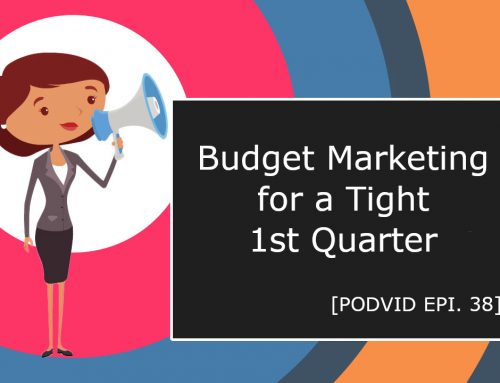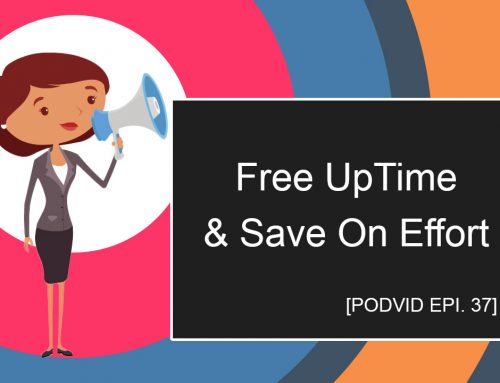Getting through the work week can feel like such a slog. It doesn’t have to be an uphill battle, sometimes it’s just learning some tips along the way which make all the difference.
A Long Day
Most people are working an 8 hour day on average globally, and working 8 hours, every day except weekends, with little time for holiday due to illness… it really feels like the long day it is. It’s just one of many days that look exactly the same, and it’s no wonder that productivity tanks when people are feeling the strain.
The brain is a muscle which needs exercise to perform best, and if your job is not fulfilling mentally, you’ll feel it. Your brain also needs to take breaks, because pushing it constantly only serves to cause mental fogs and exhaustion.
Company Retreats
Perhaps your company doesn’t host something like a company retreat, but they should! Don’t be afraid to be that guy that gives them the next great idea for productivity to soar. They may thank you for it. Company retreats are almost a standard in many places of the world, because studies continually show that after returning from a retreat, productivity skyrockets. People even report more happiness and a greater sense of fulfillment upon their return.
Why? The reason is simple, and clever – The company has given an incredible gift to their employee and that employee’s family they could not get otherwise. They gifted a totally free vacation, with seminars at the location to that employee, which costs them no vacation time, and which comes with pay. The companies see it this way: If they spend the little extra for an all expense “corporate retreat”, they get it back and then some in worker productivity afterward, which pays it back. If your company hosts them, take one! If not, suggest it.
A Day or Two
Most people save up their holiday time so they have enough of it to take entire weeks or sets of weeks off work, but it often comes without pay. This puts a real strain on the average working person, to enjoy the time away, but at a cost. It also leaves little room for sick days which inevitably happen, or any emergencies. It makes working those long weeks even harder, trying desperately to save all that time. Consider taking a day or two at a time, instead of large blocks of time. You can work toward a large block of time once a year, which gives time for a holiday, and still have enough time left to take a day or two for yourself. Sometimes you just need to regroup, and to spend a day or two doing absolutely nothing. Take a vitamin b-complex and just relax. Vitamn b-complex is proven to help mental alertness and improve mental state.
Taking just a few days here and there, for your own mental health, can make all the difference.
Interrupt Yourself
If you’re like us, you get dug right in to your work and sometimes don’t realize when hours have passed by. Sometimes though, if you’re working at solving a problem and don’t have the answer yet, it can feel like you’re getting nowhere. It does no good to sit and think, uninterrupted about solving a problem. Doing that actually makes it worse as mental exhaustion sets in, and your brain goes into a mental fog where it’s hard to think clearly or to identify a word which is being thought of.
If you find yourself beating your head against a wall at work, working on that problem which you just can’t fix, interrupt yourself. Just stop whatever you’re doing, and go sit down somewhere just for five minutes. Interrupt that cycle. Get some water, coffee or any other drink and just try to block out the sounds from around you. Even five minutes to yourself, free of thought can be the break your brain needs to solve that problem.
Walk Away
Walking away feels like failure, it feels unproductive and unsatisfying. But walking away is often what leads a person to stratospheric success as well. Author J.K. Rowling got literally thousands of rejection letters for her popular “Harry Potter” series before she finally made it big. Sometimes you need to walk away from something you can’t make better at that moment. If your project does not have a deadline, don’t set one for yourself – leave it fluid and open so you can come back to it. But do come back to it.
By changing what you’re doing, your brain continues to stew about the problem you just faced while you’re doing something different. You may just find that when you come back to your problem, you’ll magically have found the solution.






![Do you know BERT? [Google SEO]](https://magiwebsa.com/wp-content/uploads/2019/11/podvid-epi35-cover-500x383.jpg)